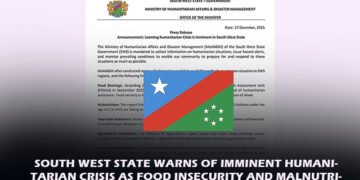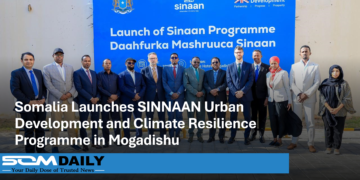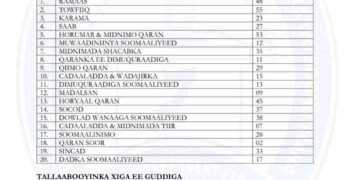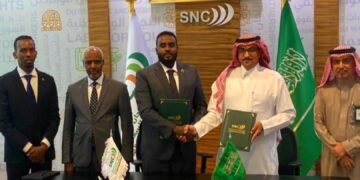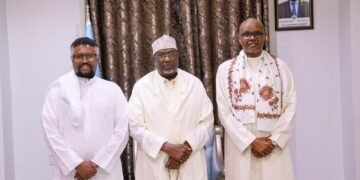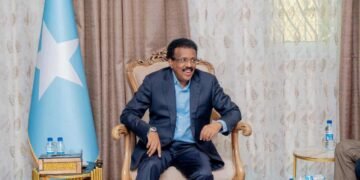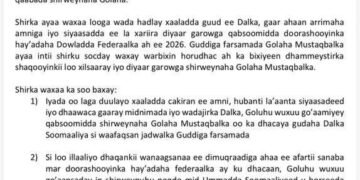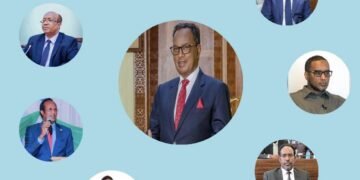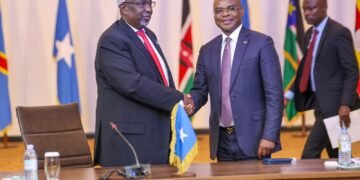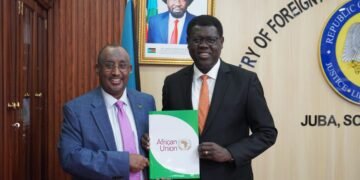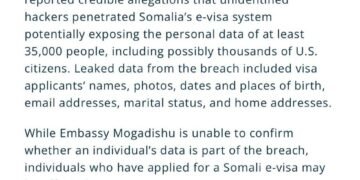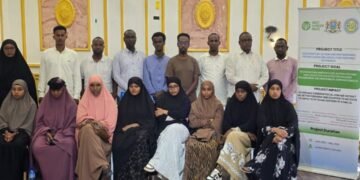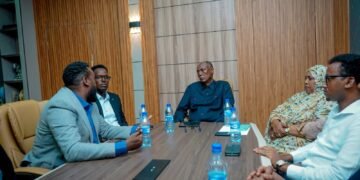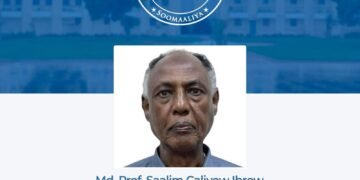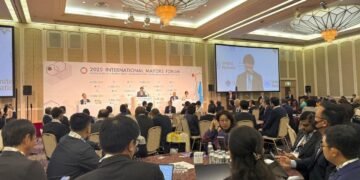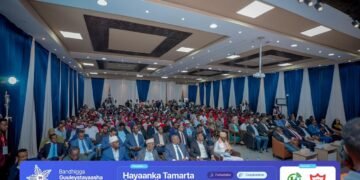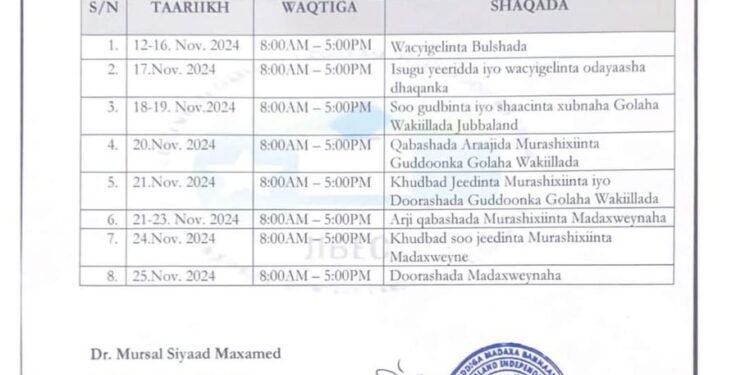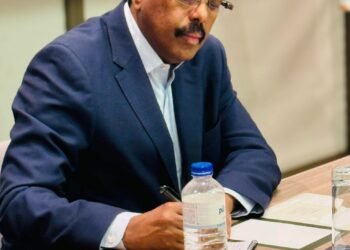Kismayo, Jubaland – November 16, 2024 :- Jubaland’s Independent Boundaries and Electoral Commission has officially announced the timetable for the upcoming indirect elections, set to take place in Kismayo later this month. According to an official communication from the Commission, seen by Somdaily, the election process will begin with the selection of members of parliament on November 19, followed by the election of the speaker of Jubaland Parliament on November 21. The final event will be the presidential election, scheduled for November 25, 2024.
The announcement comes at a pivotal moment, shortly after the Somali Parliament passed the National Independent Electoral and Boundaries Commission (NIEBC) bill, which is seen as a key step toward the eventual introduction of direct elections in Somalia. However, Jubaland has firmly rejected the Federal Government of Somalia’s (FGS) proposal to implement one-person, one-vote (1P1V) elections at this time, citing a range of challenges that make direct elections unfeasible in Somalia.
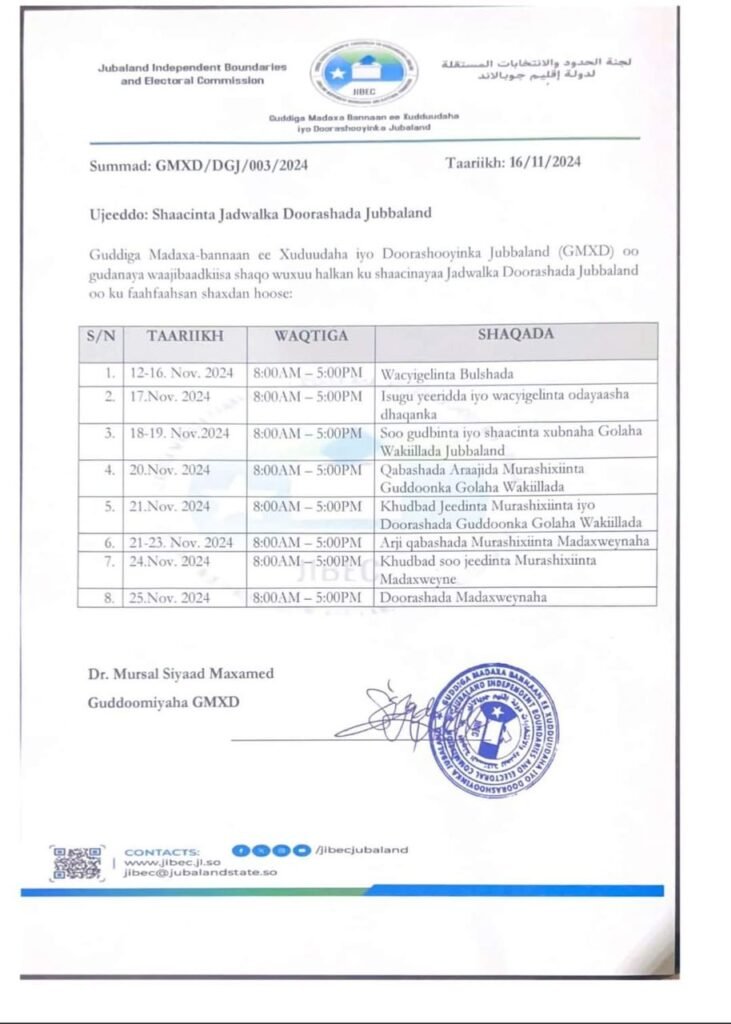
Jubaland’s stance on the electoral issue has been clear. In a statement earlier today, Jubaland’s Minister for Interior, Reconciliation, and Federalism, Mohamed Abdi Ogle, reiterated the region’s position, declaring that Jubaland does not support and is not a part of the direct elections backed by the FGS. He described the proposal as “unconstitutional,” citing concerns over the current security situation and the lack of necessary infrastructure to facilitate a direct vote across the country.
The upcoming indirect elections in Jubaland will follow a similar process to previous electoral cycles, with parliamentary members selecting the president through an electoral college system rather than a direct popular vote. This approach has been a source of tension between Jubaland and the Federal Government, which is pushing for a shift to 1P1V elections as part of broader electoral reforms aimed at strengthening democratic processes.
Jubaland’s leadership has long argued that Somalia is not yet ready for direct elections, citing ongoing security challenges, political instability, and logistical difficulties in organizing elections on a national scale. While the FGS has expressed a strong commitment to advancing democratic reforms, Jubaland and other regional states have raised concerns about the feasibility of implementing a direct electoral system given the current circumstances.
The announcement of the election timetable in Jubaland marks the beginning of what promises to be a highly anticipated political process in the region. While the indirect elections may not align with the FGS’s vision for Somalia’s electoral future, they are likely to set the stage for further debates over electoral reforms and the broader issue of federalism within the country.
As Jubaland prepares for its elections, attention will also be on the wider political landscape, where the debate over direct elections is expected to continue to shape the trajectory of Somalia’s political transition. For now, the region remains steadfast in its position, signaling that the road to direct elections in Somalia may be longer and more complex than some had hoped.



